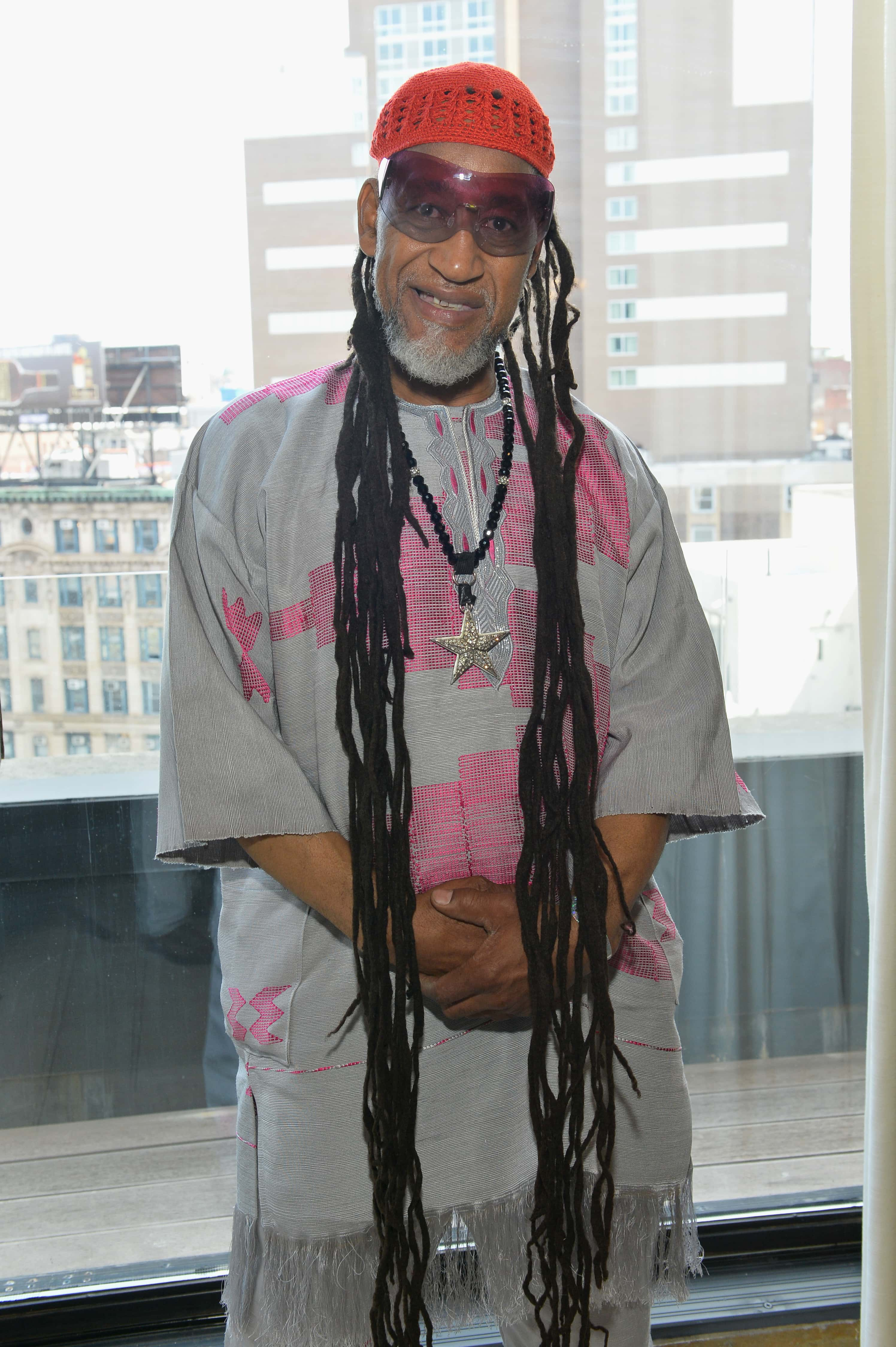Who's DJ Kool Herc? Meet 'Father of Hip-Hop' who discovered the genre by spinning records at parties in '70s

Have you ever wondered when certain genres of music all started? The evolution of music and the beginnings of certain styles should be respected beyond just a few explanatory sentences — ideas are born out of already established ideas or better, influence creates influence — but there certainly are landmark points that cause an explosion of artistes who would adopt those ideas after for their style of music. It is the beginning of a culture that has everything to do with it. When it comes to hip-hop, its origin may not be what you would expect.
With your many subgenres such as crunk, glitch hop, trap and of course, old-school, gangsta rap, underground, industrial and many more, the genre of hip-hop itself is nothing short of remarkable and popular around the globe. It is a gift that just keeps on giving, but where did it all start? For that answer, you need to get acquainted with Clive Campbell, better known to history as DJ Kool Herc. Now 65-years-old, the inspirational Jamaica-born DJ has been heralded as the "Founder of Hip-Hop" and "Father of Hip-Hop."
In his early music career days during the '70s, DJ Kool Herc began spinning records at parties and also between gigs of his father's band during his teenage years in the Bronx. Back then, adding non-melodic verbals over music was not called rapping but what Herc deemed as "toasting" which he often emulated from Jamaican "selectors" (DJs). He also called dancers to his music "break-boys" and "break-girls" or simply b-boys and b-girls. Additionally, his signature style didn't stem from only vocals but in the music as well which would lead to what is known today as "break beat".

(Getty Images/Noam Galai)
Herc would observe crowd reactions to his music, specifically different parts of whatever he was playing. He took two turntables, like your typical DJ setup, but instead of a smooth transition between two records, he would switch back and forth repeatedly between two copies of the same record and intentionally extend parts of the music that crowds reacted to. Those moments occurred mostly at drum breaks, when vocals and other instruments would be hushed for several bars to highlight the rhythm. “I was noticing people used to wait for particular parts of the record to dance, maybe [to] do their specialty move," DJ Kool Herc explained.
The most notable point in hip-hop history began on August 11, 1973, when Herc spun records at a birthday party for his sister in the recreation room of an apartment building in the west Bronx, New York City, making 1520 Sedgwick Avenue a famous address for years to come. With the most powerful sound system he'd ever used and entertaining his biggest audience before becoming a fundamental hip-hop pioneer, the party saw him playing funk and soul tracks that got the crowd going. Author Jeff Chang described that event in his 2005 book 'Can’t Stop Won’t Stop: A History of the Hip-Hop Generation'. “The party people were moving to the shouts of James Brown, turning the place into a sweatbox. They were busy shaking off history, having the best night of their generation’s lives.”
By the summer of 1973, DJ Kool knew he had realized something extraordinary and began using and polishing his break-beat style for the rest of the year. Campbell's DJ style was quickly noticed and taken up by figures such as Afrika Bambaataa and Grandmaster Flash, although, unlike them, he never stepped into the arena of commercially recorded hip-hop in its earliest years. In May 2019, Herc released his first vinyl record ever, titled 'Last of the Classic Beats' with DJ/Producer Mr Green which, as deserved, was critically acclaimed.










